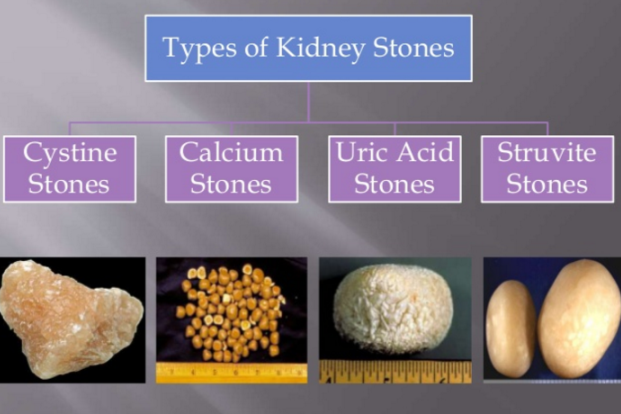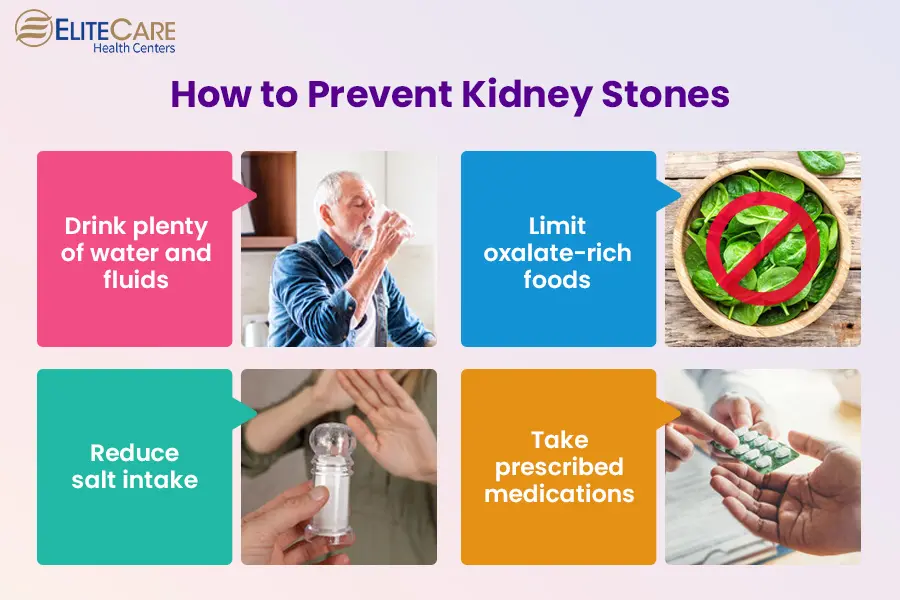Comprehensive Guide to Kidney Stones vs UTI: Medical Diagnosis, Triggers, and Relief
Comprehensive Guide to Kidney Stones vs UTI: Medical Diagnosis, Triggers, and Relief
Blog Article
Exploring the Effects and Causes of Kidney Stones in Comparison to Urinary System Tract Infections: A Thorough Guide
The expedition of kidney rocks and urinary tract infections (UTIs) discloses a complex interaction of signs and symptoms and underlying causes that call for careful assessment. While both problems can lead to hematuria, they provide distinctive clinical functions and emerge from different etiological elements. Recognizing the subtleties of each problem is crucial for efficient diagnosis and monitoring. What are the crucial differences in their symptoms, and how might these inform treatment techniques? The response to these questions might provide important insights right into the avoidance and treatment of these usual urological issues.
Introduction of Kidney Stones
Kidney stones, also called renal calculi, type when specific compounds in the urine crystallize and aggregate, leading to the development of hard down payments within the kidneys. These rocks can differ in size, ranging from a grain of sand to a golf ball, and can be composed of numerous products, one of the most typical being calcium oxalate, uric acid, struvite, and cystine. The formation of kidney stones is influenced by numerous variables, consisting of dietary practices, fluid intake, and hereditary tendency.
Signs of kidney stones might consist of serious pain in the back or side, blood in the pee, queasiness, and regular urination, particularly as the rock relocates through the urinary system system. Diagnosis normally includes imaging studies such as ultrasound or CT scans, along with urinalysis to determine the stone's make-up.
Therapy choices differ based upon the size and kind of stone, as well as the extent of signs (Kidney Stones vs UTI). Small rocks may pass normally with boosted fluid consumption, while larger rocks may call for medical interventions such as lithotripsy or medical removal. Recognizing the pathophysiology and threat variables connected with kidney stones is essential for reliable prevention and management
Summary of Urinary System System Infections
Urinary system tract infections (UTIs) prevail bacterial infections that influence any kind of part of the urinary system, including the kidneys, ureters, bladder, and urethra. They mainly take place when germs, typically from the intestinal tract, go into the urinary system, resulting in swelling and infection. UTIs are classified right into two primary types: uncomplicated and difficult. Straightforward UTIs commonly happen in healthy and balanced individuals with typical urinary tracts, while complicated UTIs might occur in individuals with hidden conditions, such as structural irregularities or jeopardized immune systems.
The frequency of UTIs is especially higher in ladies than guys, largely because of anatomical distinctions, such as a much shorter urethra. Danger elements consist of sex, certain contraceptive methods, urinary retention, and dehydration. The medical diagnosis of UTIs is usually validated with pee examinations, which might disclose the visibility of bacteria, leukocyte, or red cell.

Signs And Symptoms of Kidney Stones
The discomfort related to kidney rocks can show up in numerous methods, usually leading people to seek medical focus. Among the most typical symptoms is severe discomfort, generally localized in the lower back or side, which may radiate to the abdomen or groin. This pain, often called sharp or cramping, can occur unexpectedly and might vary in intensity.
In addition, individuals may experience hematuria, or blood in the pee, official website which can range from tiny total up to visible staining. This symptom may be come with by modifications in urinary practices, such as raised regularity or necessity, as well as discomfort throughout urination. Queasiness and vomiting are likewise widespread, usually resulting from the body's response to extreme pain.
In many cases, individuals might experience fever and chills, particularly if a second infection establishes due to the blockage triggered by the stones. Generally, the mix of serious discomfort, hematuria, modified urinary patterns, and gastrointestinal signs and symptoms can offer considerable insight right into the presence of kidney rocks, calling for punctual medical evaluation and treatment. Comprehending these signs is vital for prompt diagnosis and look at these guys reliable monitoring of the problem.
Signs of Urinary Tract Infections
Infections within the urinary tract usually offer a series of unique signs and symptoms that can considerably influence life. One of the most typical signs include a consistent urge to pee, frequently come with by a burning sensation during peeing, called dysuria. People might additionally experience raised frequency of peeing, producing tiny amounts of pee each time.
Other remarkable symptoms consist of over cast or fetid pee, which might indicate the visibility of germs or pus. In some cases, pee might show up red or pink as a result of the presence of blood, a condition called hematuria. Additionally, individuals may experience pelvic discomfort or stress, which can better aggravate the feeling of seriousness.
Systemic signs might likewise materialize, such as high temperature, cools, and tiredness, specifically if the infection has ascended to the kidneys. It is vital to acknowledge these signs early, as neglected urinary tract infections can lead to extra severe complications. Kidney Stones vs UTI. Motivate medical focus is advised when these symptoms are observed, allowing for proper analysis examination and therapy to minimize discomfort and stop more health issues
Root Causes Of Each Condition
Regularly, kidney rocks and urinary system infections develop from distinctive yet sometimes overlapping causes that can influence people in a different way. Kidney rocks typically form as a result of metabolic aspects, nutritional choices, and genetic tendencies. Raised levels of calcium, oxalate, or uric acid in the pee can lead to stone development. Dehydration, inadequate liquid intake, and high-sodium diet plans can intensify these problems, promoting formation within the urinary system.

Recognizing these distinctive causes is essential for avoidance and treatment. Kidney Stones vs UTI. While way of life modifications may alleviate the danger of kidney rocks, appropriate health and punctual treatment of urinary system infections are essential for decreasing their reappearance and associated issues
Verdict
In summary, kidney rocks and urinary tract infections present unique signs and underlying reasons. Kidney stones are characterized by extreme pain and metabolic variables, while urinary system system infections mostly involve microbial infections causing urinary necessity and pain. Although both problems can lead to hematuria, their formation devices vary substantially. Comprehending these differences is vital for efficient diagnosis and therapy, eventually improving client results for those affected by either problem.
The exploration of kidney stones and urinary system tract infections (UTIs) discloses a complex interplay of signs and symptoms and underlying reasons that call for cautious assessment.Urinary tract infections (UTIs) are typical microbial infections that affect any type of part of the urinary system, consisting of the kidneys, ureters, bladder, and urethra.Regularly, kidney stones and urinary system tract infections arise from distinct yet in some cases overlapping reasons that can impact individuals differently.In recap, kidney stones and urinary system system infections present distinctive signs and underlying reasons. Kidney stones are characterized by extreme discomfort and metabolic aspects, while urinary system click resources system infections mostly entail microbial infections leading to urinary urgency and discomfort.
Report this page